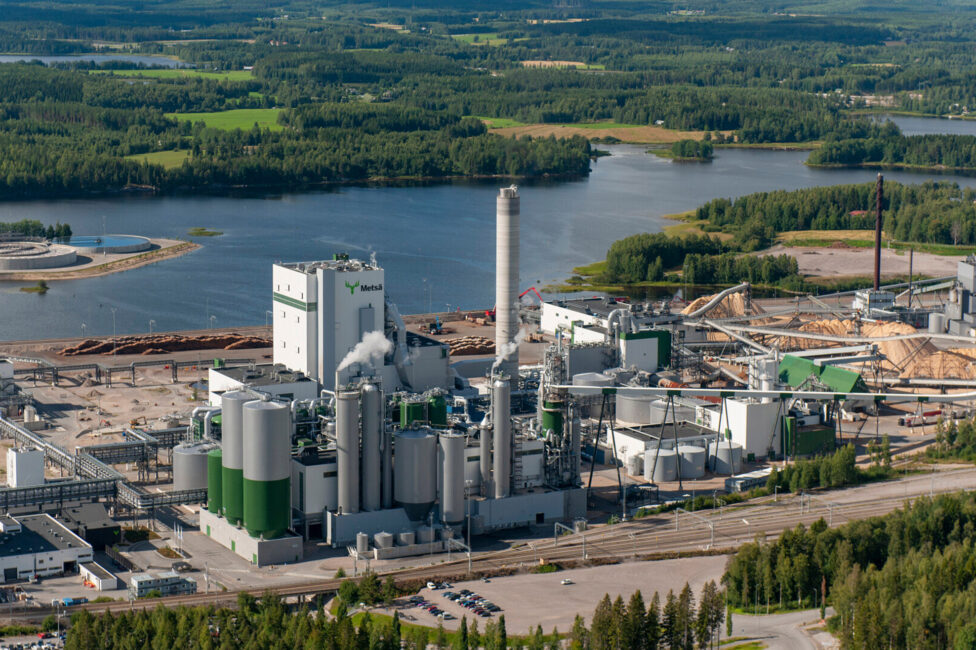Making biofuel from paper pulp

After sugar beet, rapeseed and palm oil, paper pulp could now be an alternative source of energy for transportation. Veolia’s idea is to help increase the European Union’s biofuel reserves in order to reinforce its energy independence.
Potential production of up to 2 millions tons a year
This biorefinery project producing CO2-neutral biomethanol will be set up in Äänekoski, Finland, right next to a pulp production plant operated by Metsä Fibre, Europe’s largest forestry cooperative association. The refinery will use an innovative Veolia concept to produce commercial biomethanol on an industrial scale. The whole project is subsidized by the Finnish Ministry of Economy and Employment.
While mystery still surrounds this industrial concept, it has the advantage of being easily replicable, in about 80% of the world’s pulp mills, according to Veolia. In absolute terms, it has a production potential of nearly 2 million tons. The Äänekoski plant has an estimated annual production capacity of 12,000 tons. This production alone, as a replacement for fossil fuels, could reduce CO2 emissions into the air by about 30,000 tons each year in Europe.














